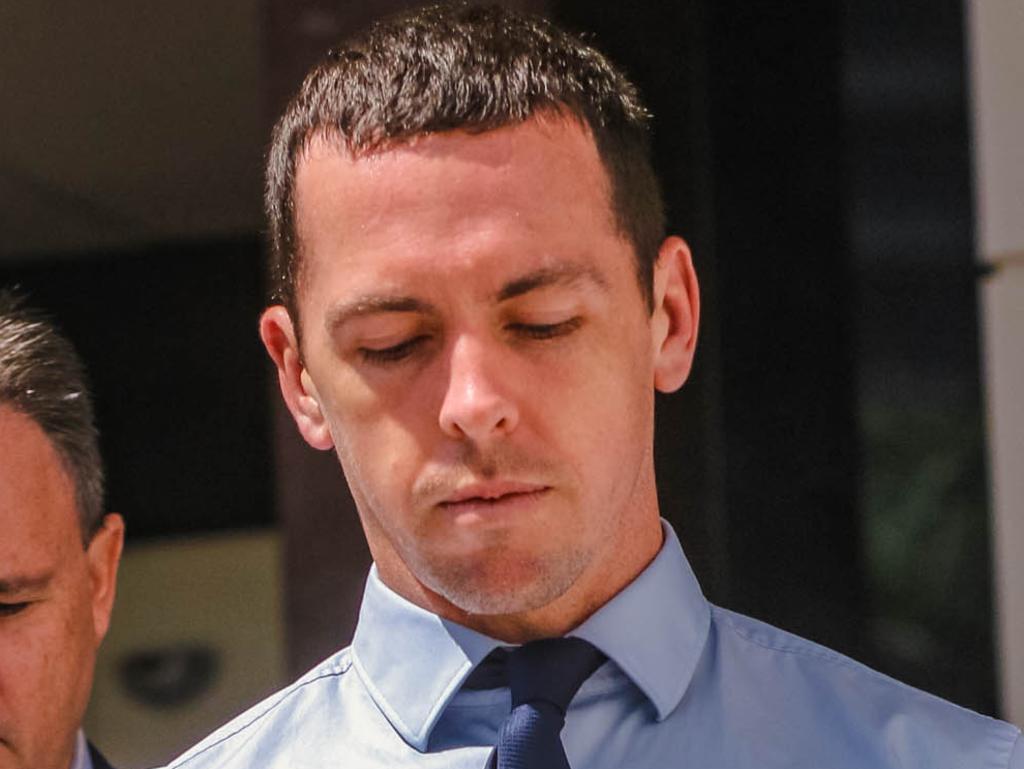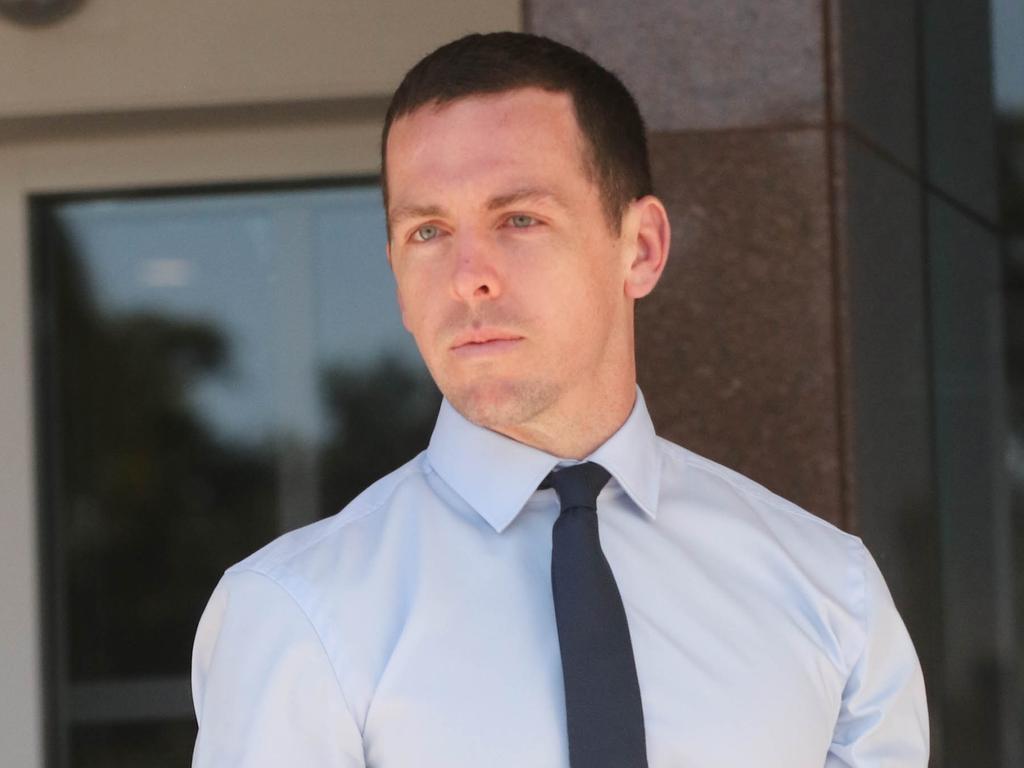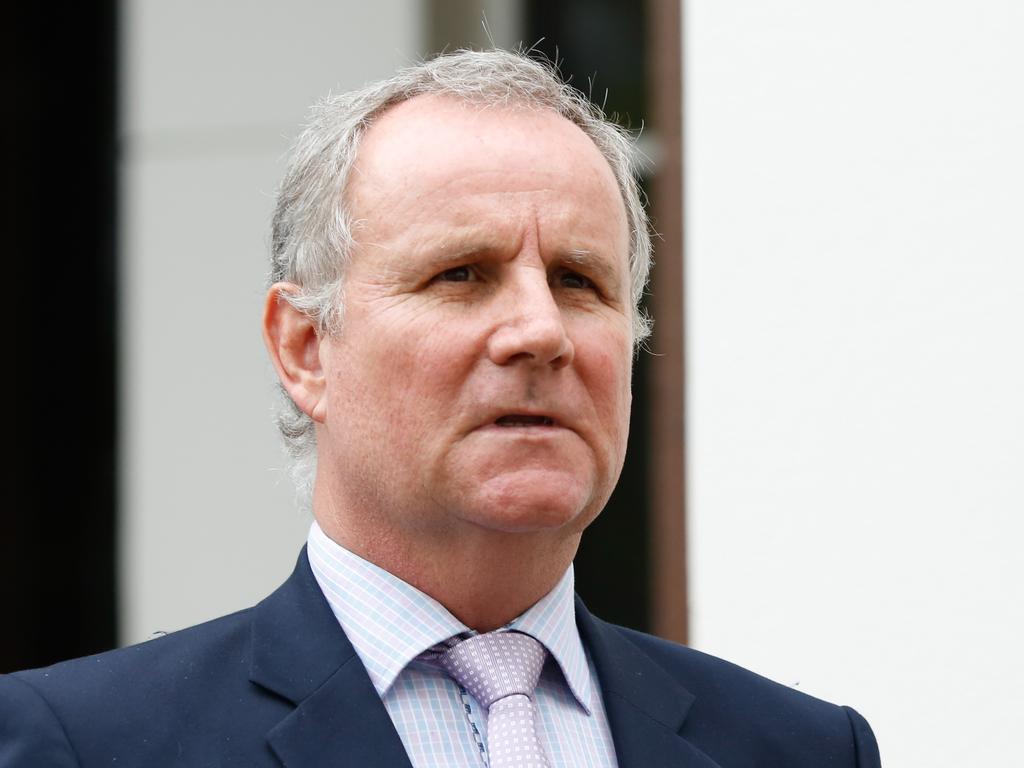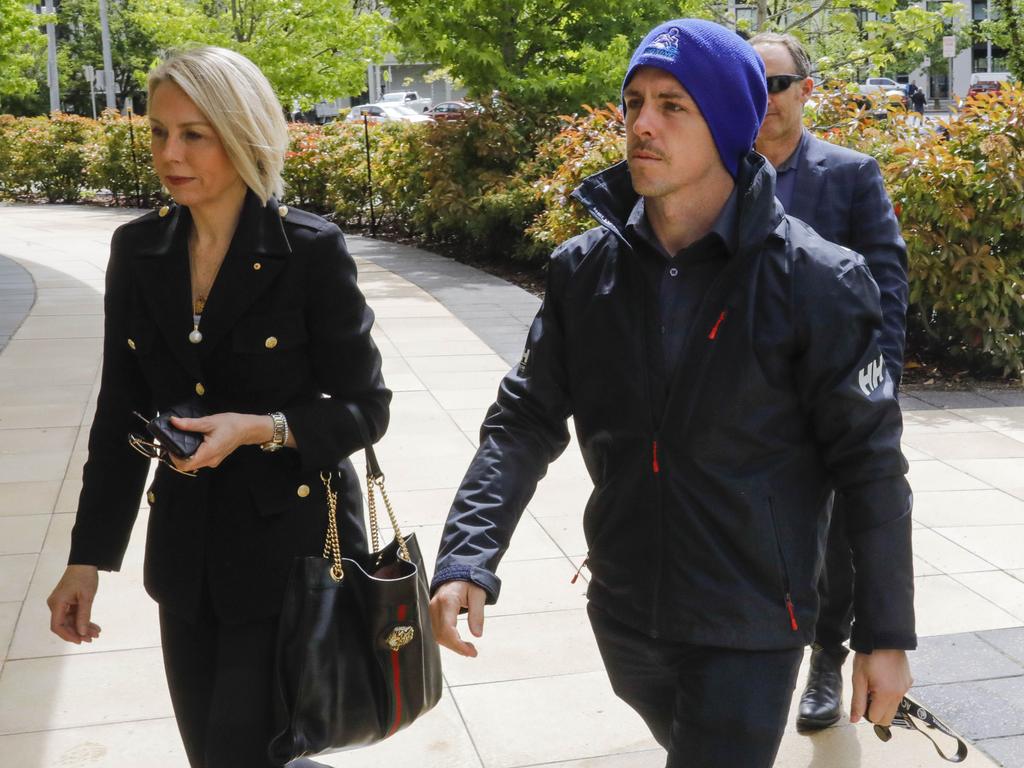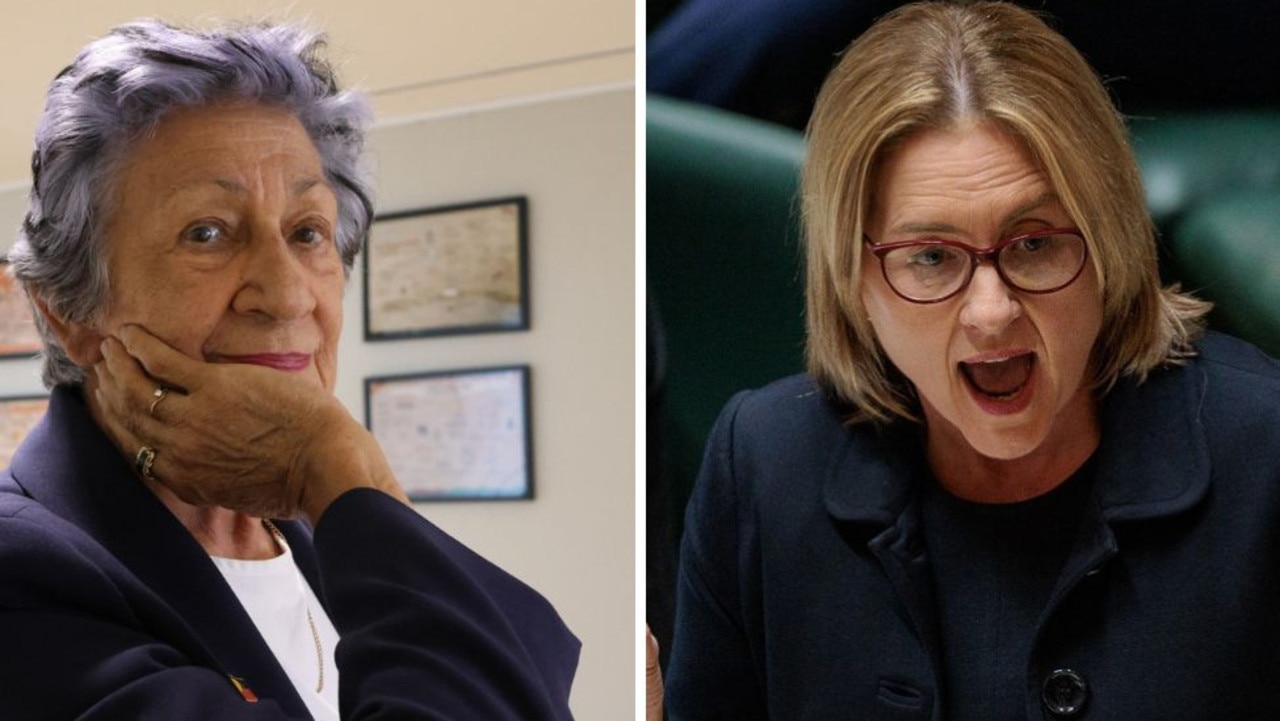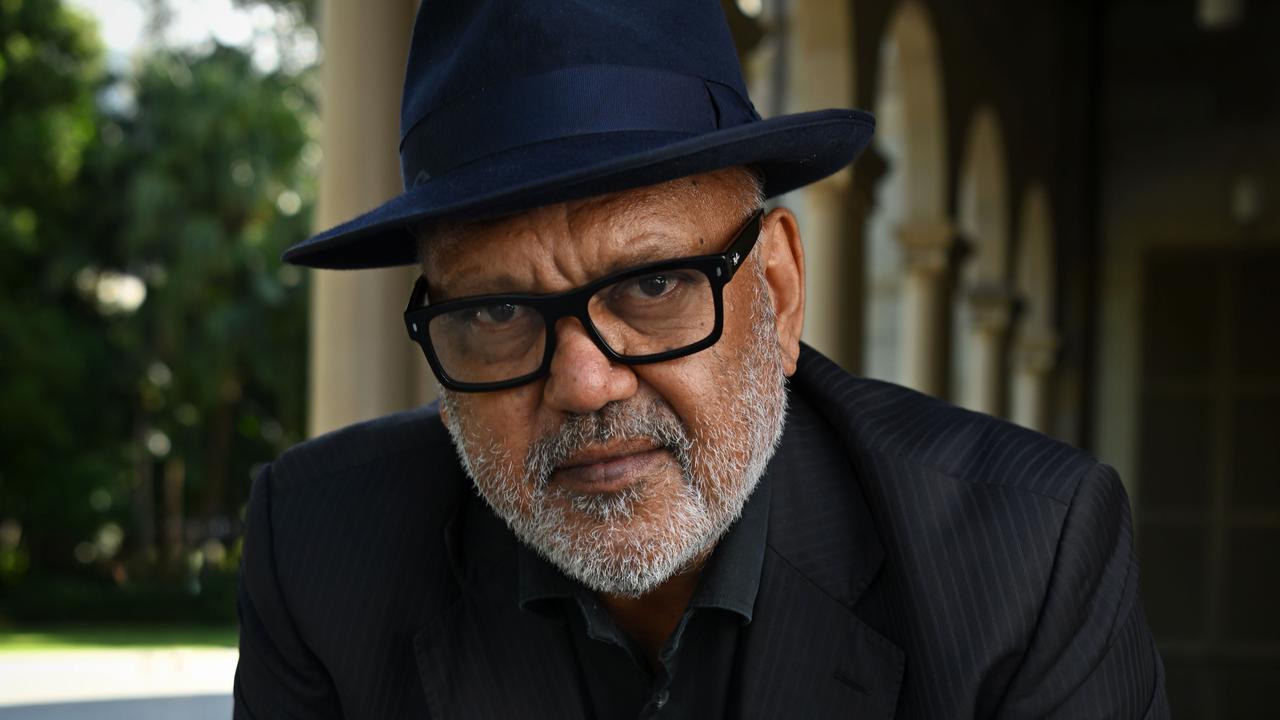Legal bid to delay NT cop Zachary Rolfe’s kill case
Northern Territory prosecutors will make a last-ditch attempt to get the High Court to delay Zachary Rolfe’s murder trial.
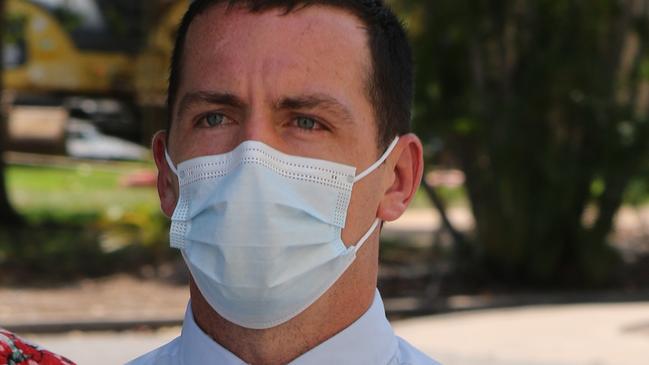
Northern Territory prosecutors will make a last-ditch attempt to get the High Court to delay Zachary Rolfe’s murder trial, arguing that if it goes ahead as planned the young policemen could be acquitted under a “manifestly wrong” interpretation of the law.
Constable Rolfe won a major legal victory earlier this month when his lawyers persuaded the full bench of the NT Supreme Court he could claim immunity from civil and criminal liability under police administration laws.
To overcome that defence, the crown would need to prove beyond reasonable doubt that Constable Rolfe was not acting in good faith when he shot Kumanjayi Walker three times. Walker stabbed him with scissors and threatened to kill Constable Rolfe and his police partner.
Philip Strickland SC, acting for the crown, told the court Constable Rolfe could not have been exercising the power of arrest if, by shooting Walker, he was trying to kill or harm him.
But the five judges disagreed, finding it would be “open to the jury to find that at the time he fired … the accused was acting with the dual purpose of attempting to arrest the deceased who was violently resisting, and trying to defend (another officer)”.
Mr Strickland on Thursday made an extraordinary application to Acting Justice Dean Mildren to stay Constable Rolfe’s trial (due to begin on Monday) while he sought special leave from the High Court to make an application to have it overturn the Territory court’s decision.
“Our submission is … that (NT Supreme Court) ruling is manifestly wrong because, if it is correct, a police officer could shoot a suspect dead and avoid criminal liability … if a jury finds there is a reasonable possibility he was in good faith performing core (police) functions,” he said.
“Those functions are very broadly kept … that ruling tends to subvert … provisions of the criminal code … (intended) to protect the citizens of the NT, and others, against the excessive use of force.”
Constable Rolfe, 30, stands accused of murdering 19-year-old Walker during an arrest attempt in the troubled outback community of Yuendumu in 2019. He also faces secondary charges of manslaughter and of recklessly causing harm.
He has pleaded not guilty.
The case is believed to be the first in recent history in which a serving police officer has faced a murder trial over the death of an Indigenous suspect in custody. Dozens of people from Yuendumu are expected to travel to Darwin for the hearing.
Under NT law, there is no double jeopardy, so if Constable Rolfe were to be acquitted using the immunity defence and the full bench ruling was later found to be incorrect, he could not be retried. Prosecutors can appeal acquittals only to clarify points of law.
Acting Justice Mildren agreed that the full bench decision could “make life rather difficult” for the prosecution. But he sided with Constable Rolfe’s lawyers in concluding the “balance of convenience” rested with the accused, and there should be no further delay.
“Delay in the trial process causes harm to the accused,” he said. “It seems quite impossible for me to know when this trial, if it were to be put off, would be likely to resume.”
Mr Strickland said the legal point was “critical” and “at the heart” of the trial and that on the basis of Acting Justice Mildren’s decision not to delay the trial, the crown would ask the High Court to do so instead. He said the High Court would consider that request on Friday or Monday.
Mr Strickland suggested the High Court application might delay the trial by a week.


